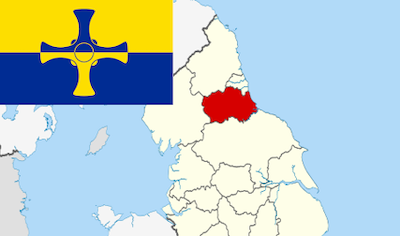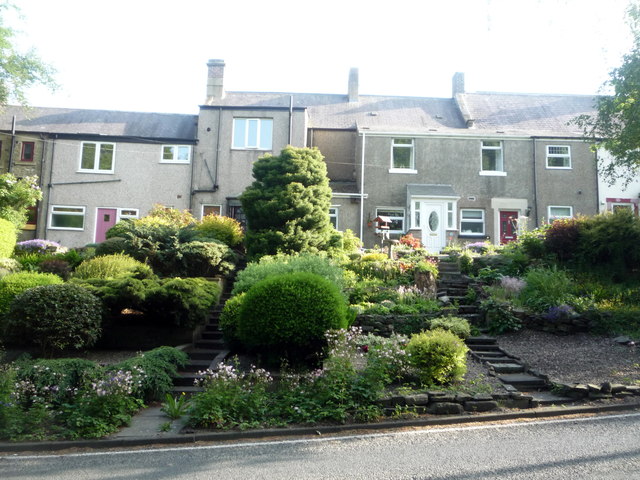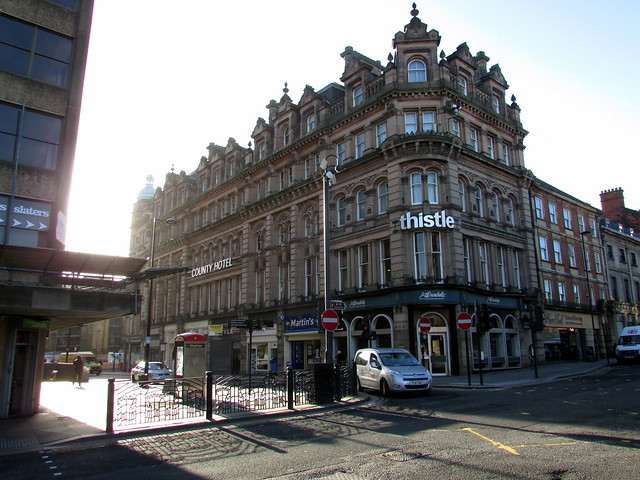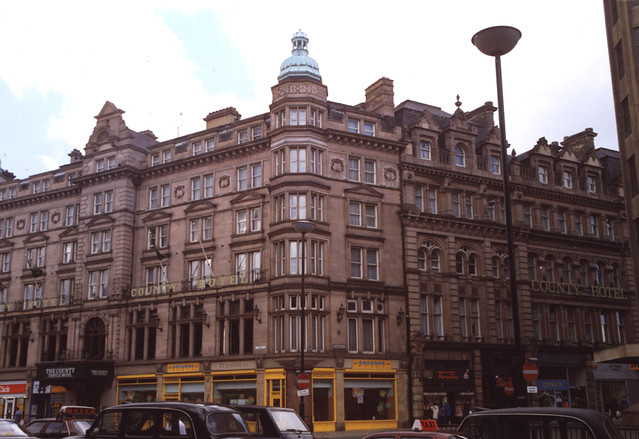Topics > County Durham > Aldin Grange > The Manor of Aldin Grange
The Manor of Aldin Grange
The history of ALDIN GRANGE (Aldingrige, Aldingrig , Aldyngrigge, Aldyngrange, Aldingrange) is closely connected with that of the neighbouring vill of Broom. It was in the hands of the Bishops of Durham until the second half of the 12th century, when Hugh de Pudsey granted 6 score acres of waste on the west bank of the River Browney, and the wood which stretched to the cultivated land of Aldin Grange, to his kinsman Henry de Pudsey. Henry gave this land to the canons of Baxter Wood as the endowment of his foundation there, and to this he added the vill of Aldin Grange, which he had obtained under a mortgage from Bertram de Hetton in 1187. On the suppression of the Baxter Wood house these lands passed to the Priory of Finchale. Somewhat later the manor of Aldin Grange, 'with the service of Broom and Relley,' was quitclaimed by the Priory to Bertram de Hetton in exchange. There may, however, have been a later conveyance, for in the 15th century the manor was held by the Priory of Durham, which paid a 'fee rent' for it to Finchale. The manor, with Aumenerhalgh and Bear Park Moor, was let at farm in 1438–9, but in 1446 all these were in the hands of the Bursar. The priory lands here were granted by the Crown to Durham Cathedral in 1541, and probably formed with Relley and Amner Barns part of the endowment of the 9th stall.
Aldin Grange has long been the subject of leases. According to Surtees it was held in 1609 by Sampson Lever, and followed the descent of their property at Scout's House, in the parish of Brancepeth, until 1716, when it was sold by the sons of Robert Lever to the family of Bedford. John Bedford, M.D., lived here until his death in 1776, and on the death of his son, Hilkiah Bedford, in 1779, Aldin Grange passed with Old Burn Hall (q.v.) to Alice, wife of John Hall. She sold it in 1781 to Thomas Gibbon, whose granddaughter conveyed it before 1824 to Mr. Francis Taylor, the tenant in 1840.
The property was afterwards acquired by a member of the Cochrane family.
Extract from: The Victoria history of the county of Durham (1908), Volume 3, by William Page (1861-1934).









